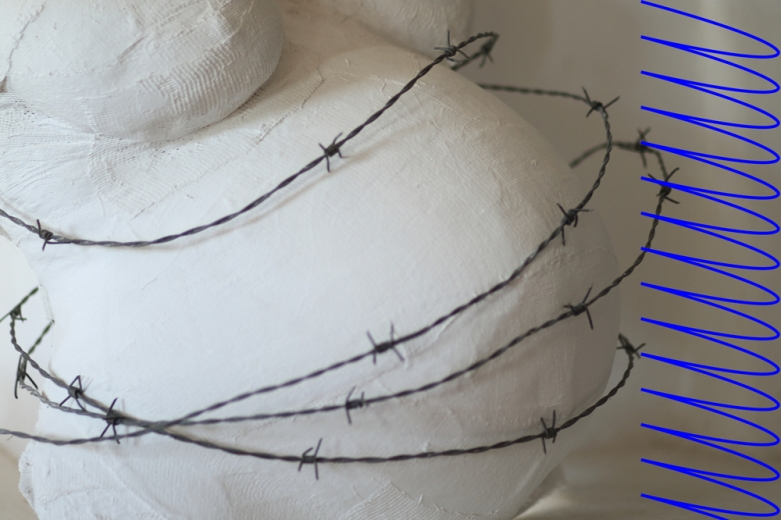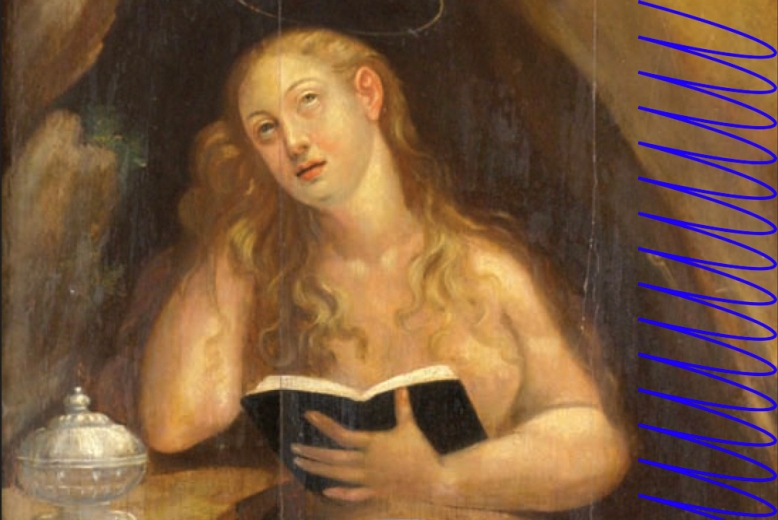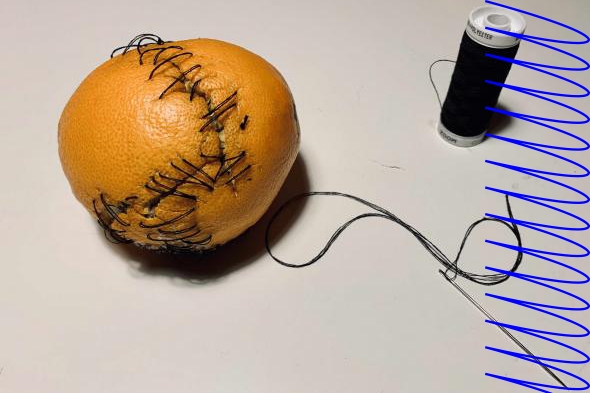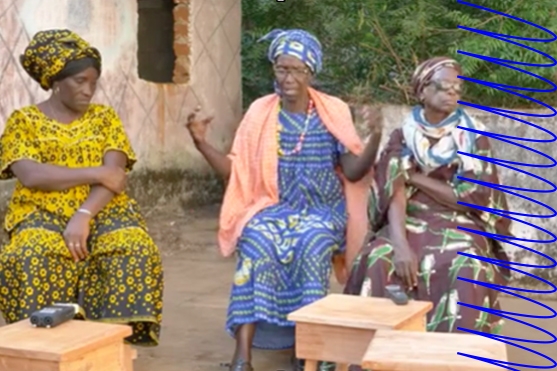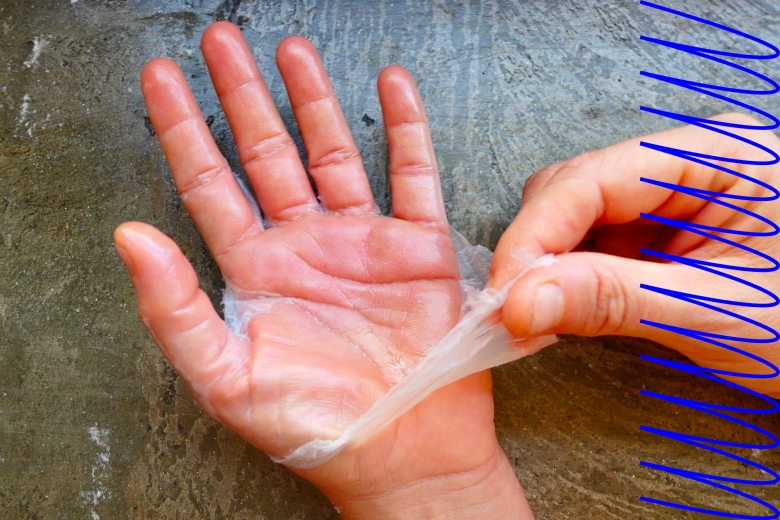
“and I am sparse in dense fluidity”
Gestures of Freedom
The BUALA cycle at maat
Introduction to the cycle by Marta Lança
What do women's experiences of childbirth reveal?
Catarina Barata
The way people give birth and are born depends on social, cultural, economic, historical, and political factors. In Portugal, as in other countries, a growing number of women are questioning whether it’s inevitable to suffer abuse during childbirth. This presentation is based on an ongoing research on perceptions, discourses, and representations about experiences of obstetric violence.
Catarina Barata is an anthropologist and video artist. PhD candidate in Anthropology at the Institute of Social Sciences of the University of Lisbon (ICS-ULisboa) researching about experiences of obstetric violence.
The body and the work of women: a plural condition
Inês Brasão
The first time March 8 was celebrated in Portugal, the year was 1975, Jornal de Notícias wrote as a headline: “International Women’s Day: It is urgent to release the subproletariat”. Having this as a starting point, we question the body and the work in the plural feminine condition.
Inês Brasão is a sociologist, teacher, author of O Tempo das Criadas (2012) and coauthor of Fêmea, Uma História Ilustrada das Mulheres (2019).
Talks and screenings
Painless Labour, Maria Mire
Documentary, 2020, 22 min
In an act of sincere generosity, an 80 year old woman offers furniture to a young neighbour who lived on Santos Dumont Avenue. One morning, possibly spring, while reading a newspaper clipping about a woman doctor who lived on the same avenue, that generous woman finally got a name: Cesina Bermudes. Doctor, obstetrician, researcher, and feminist, Painless Labour is a portrait of someone that so surreptitiously passed through our lives but left a legacy that we try to unwrap.
Maria Mire (Maputo, 1979) has a PhD in Art and Design by the Faculty of Fine Art of Porto (2016), with the thesis Fantasmagorias: A Imagem em Movimento no Campo das Artes Plásticas [Phantasmagoria: The Moving Image in the Field of the Visual Arts]. Currently, she is a teacher co-responsible for the Department of Cinema/Moving Image at Ar.Co, in Lisbon, and a visual artist.
Stories of the Women of My Country, Raquel Freire and Tainá Maneschy
Filme de animação, 2020, 1 min 7s
Women of My Country, Raquel Freire
Documentary, 2019, 103 min
With Adelaide Costa, Alice Cunha, Ângela Pica, Clara Queiroz, Leonor Freitas, Lúcia Vaz, Márcia Sousa, Maria do Mar Pereira, Maria Inácia Flores, Maria João Pereira, Maria José Neto, Mynda Guevara, Perpétua Flores, and Toya Prudêncio.
This film is a portrait of the condition of Portuguese women in the 21st Century taking into account the several axis of intersectionality, of options, of emancipations, of how it is to live today with all the inequalities and hardships, and how it is to overcome them today in this territory. This documentary shows us 14 Portuguese women that have in common “the strength and the capacity of looking at the world around them, of understanding and transforming it”. From the cleaning lady to the geneticist, from the fisherwoman to the informal caretaker: each one of these women holds a country within herself. This documentary is inspired by Women of My Country (1948) by Maria Lamas, a book that has been on Raquel Freire’s nightstand for many decades, mainly, because of the “profoundly feminist vision, of equality and of freedom” of the writer, journalist and Portuguese activist.
Comment by Susana Peralta and talk with Raquel Freire, Mynda Guevara, and Tainá Maneschy.
Raquel Freire (Porto, 1973) is a filmmaker, writer, screenwriter, producer, citizen and mother. She studied Law, Cinema History and Aesthetics, and Portuguese Cinema History and Aesthetics at the University of Coimbra. Films as Rio Vermelho, Rasganço, Veneno Cura, SOS, Esta é a minha cara: criadores de teatro, L’Academie, and Dreamocracy competed in international film festivals as Venice, Turino, São Paulo, Montréal, Gwanju, Leeds, Seul, Clermont-Ferrand, Kenya, Vila do Conde, Porto Post Doc, Sweden Film Festival, among others; and were screened in cinemas and on television both in Portugal and in France. She was distinguished at the Cannes Film Festival by the European Film Foundation as a Young European Producer.
15h00 – 15h20: Introduction to the cycle by Marta Lança
15h20 – 15h40: Presentation What do women's experiences of childbirth reveal? by Catarina Barata
15h45 – 16h15: Presentation o “The body and the work of women: a plural condition" by Inês Brasão
16h15 – 16h40: Documentary Painless Labour (22’) by Maria Mire
16h40 – 16h42: Animation film "Stories of the Women of My Country" Raquel Freire and Tainá Maneschy
16h42 – 18h25: Documentary ‘Women of My Country’ (1h43m) by Raquel Freire
18h30 – 19h00: Comment to the documentary by Susana Peralta and talk with Raquel Freire + Q&A
